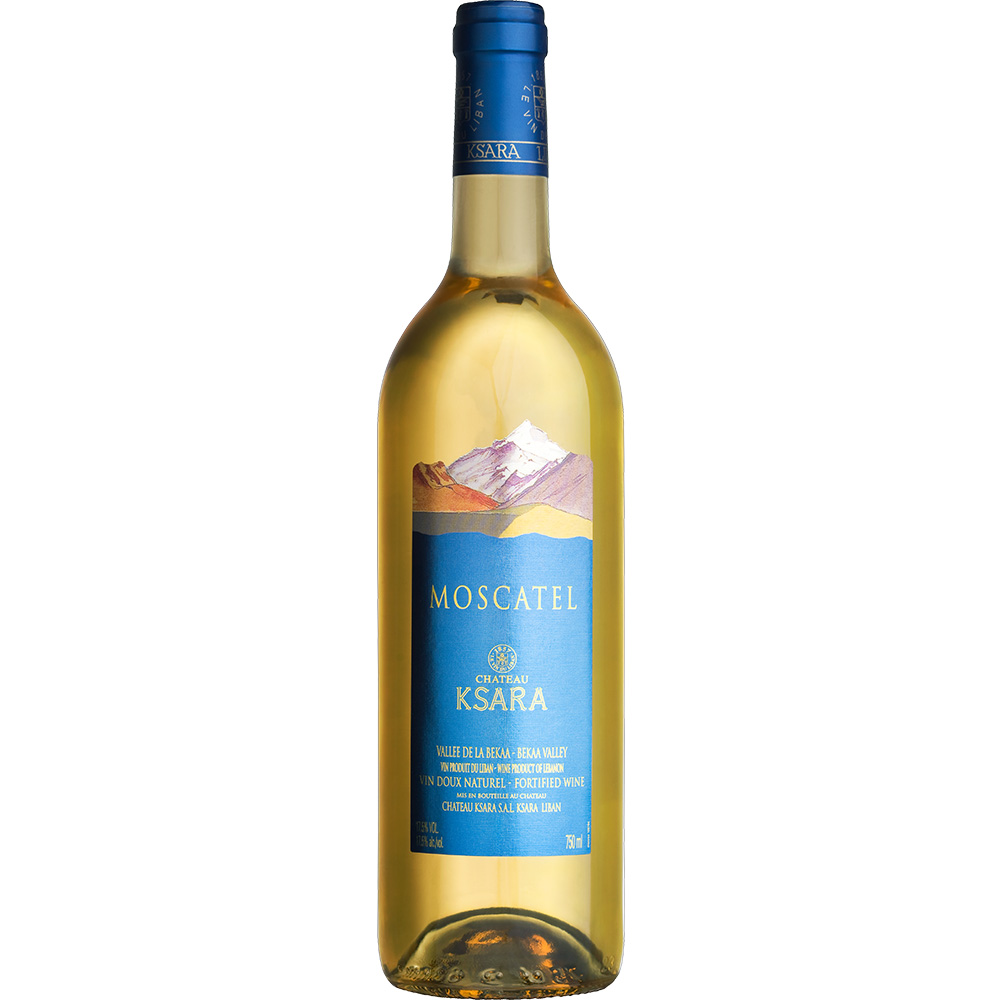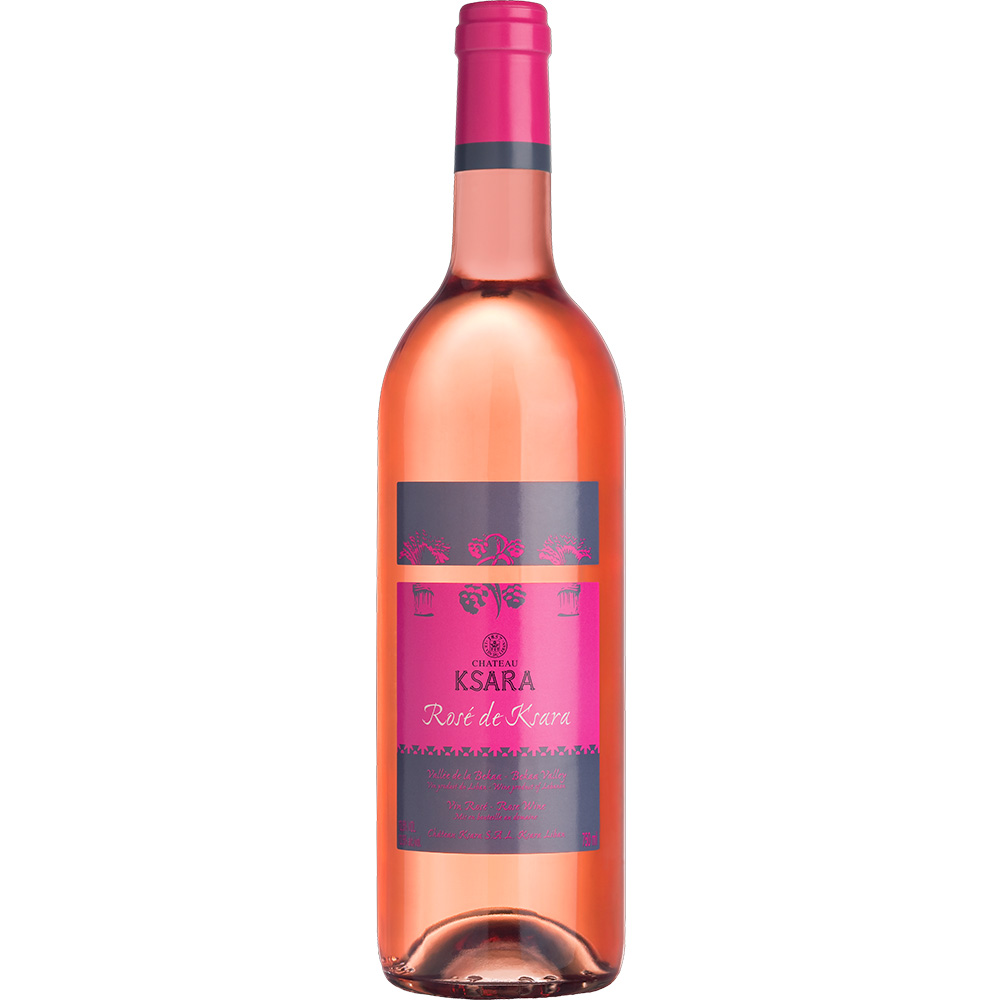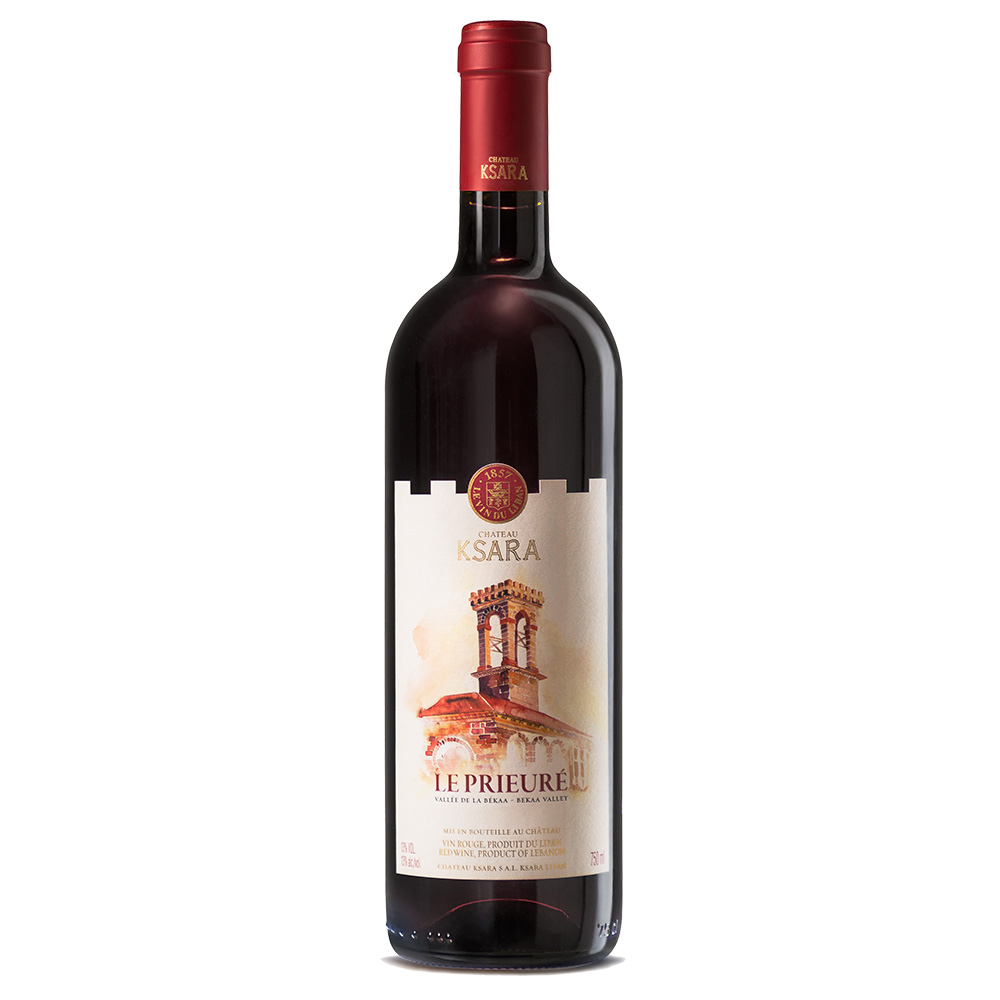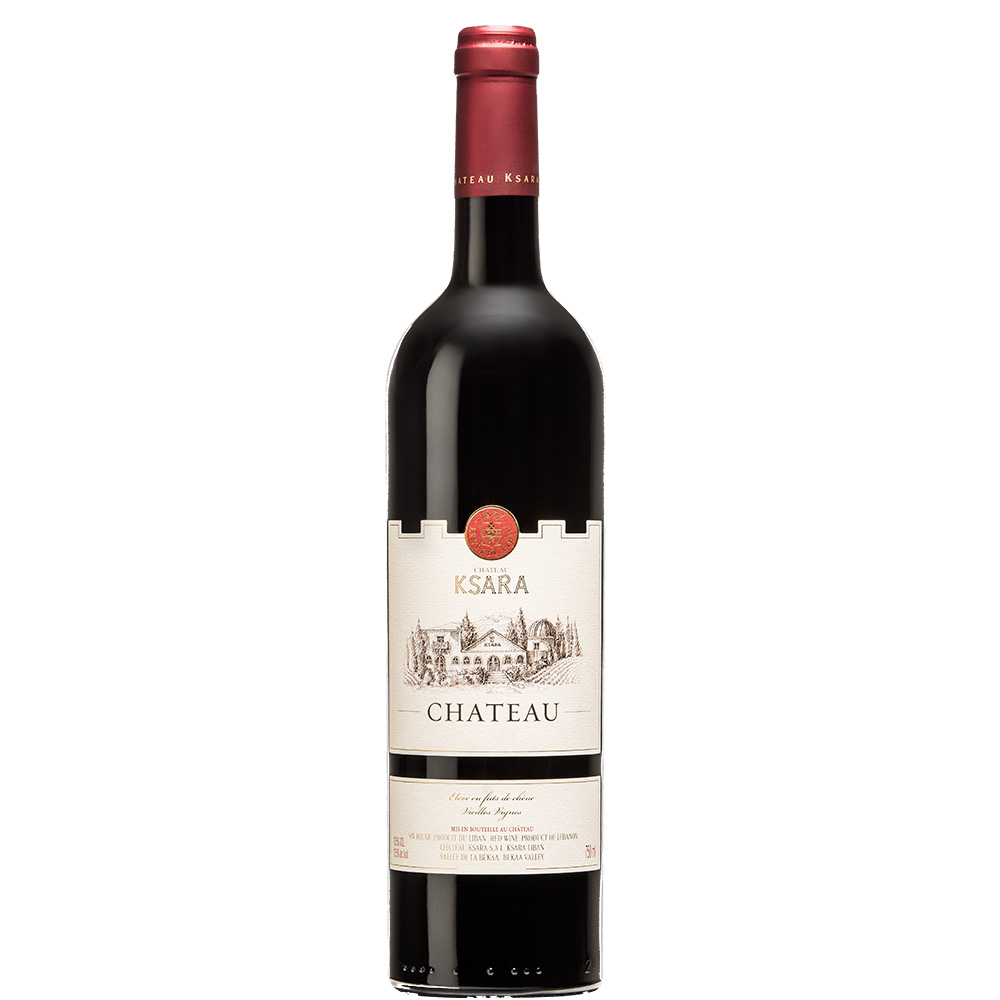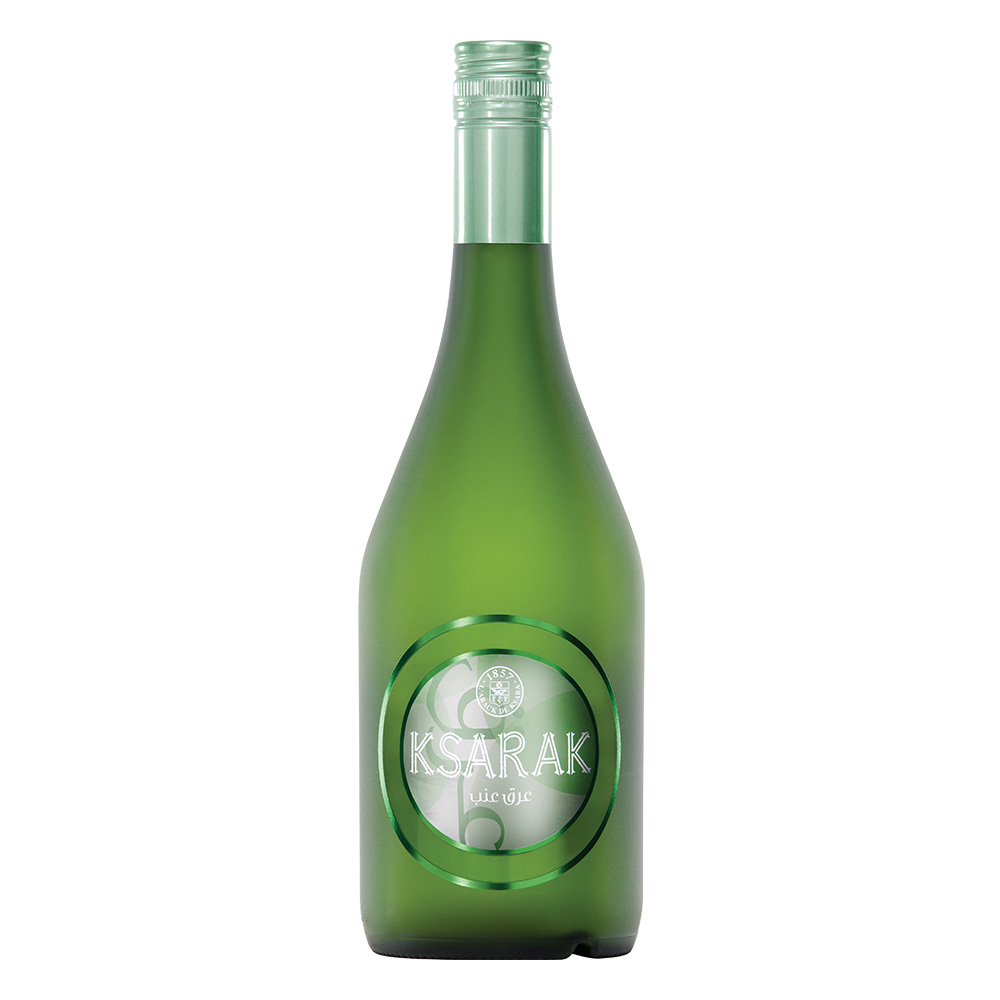Moscatel
A harmonious blend of Muscat d’,,Alexandrie and Gewurztraminer harvested in November. Nice complex with floral and exotic fruits nose, followed by citrus, melon and honey notes. Young, it can be consumed as an appetizer or a digestif.
Description
The Muscatel or Muscat grape has numerous variants across the world. Two main types are grown in Portugal, one known locally as Moscatel de Setúbal (whose international name is Muscat of Alexandria) and Moscatel Galego Branco (Muscat Blanc à Petits Grains), the type found in the Douro, and recognised worldwide as the most and elegantly scented in the family – although elegance depends also upon vineyard location and vine management, and where and how the wine is made. Setúbal also has a small proportion of what is thought to be a mutation of Moscatel Galego Branco, purple-pink Moscatel Roxo.
The historic DOP vineyards of Setúbal (demarkated for over 100 years) stretch 15km north, west and east of the port city of Setubal, taking in the limestone hills of the Serra da Arrábida Natural Park, where many of the best Muscat grapes grow.
The skins of Muscat grapes are rich in flavour, so they are left in during fermentation, and grape brandy is added when the wine has fermented down to the required degree of sweetness. The wine is then left on the skins for a further three months or more, to absorb more flavour before being aged for a minimum 18 months in large wooden vats. ‘Marmalade’, ‘flowers’ and ‘grapes’ are typical tasting notes for young Moscatel de Setúbal – most is sold at between two and five years old.. Pale in youth, Setúbal darkens to gold, then mahogany if left to age longer in wood, developing complex, figgy, nutty flavours. A tiny proportion of Setúbal wines is sold with ten or even twenty years of wood-ageing.
Moscatel de Setúbal was traditionally made with a minimum 67% of Muscat grapes, but now, under EU law, it must contain at least 85% of Muscat to name the grape on the label: as Moscatel de Setúbal, or Moscatel Roxo or simply Roxo. There is still a 67% minimum Muscat content for wines with less than 85% Muscat, and these wines must be labelled simply as ‘Setúbal’; however, Muscat flavour is powerful and dominant, and still makes its mark. Setúbal wines are always seriously sweet, and may be sold at alcohol levels between 16 and 22%.

